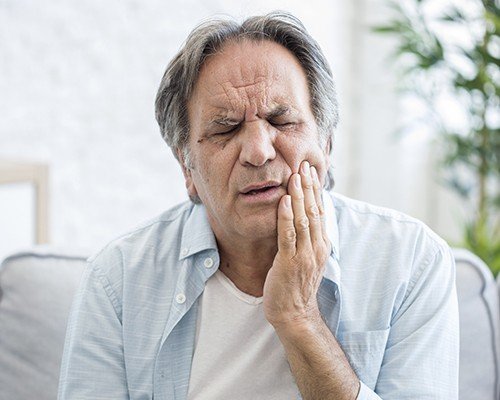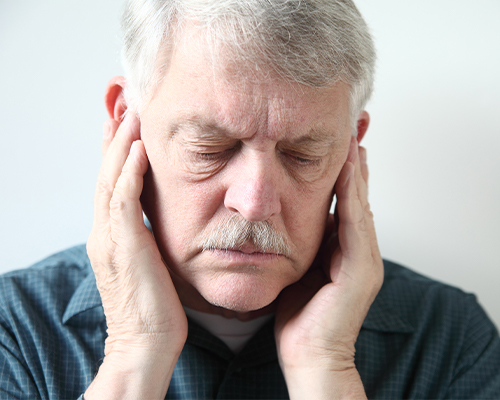Risk Factors of TMJ – Las Vegas, NV
Understanding Your Risk for TMJ Disorder

Your temporomandibular joint (TMJ) is located on either side of your face in front of your ears. It connects your jaw to your skull and allows you to open and close your mouth. You may not think about the joint often, but it has a significant role in your daily life. It allows you to chew, speak, and even yawn. It is not until a complication arises that you may pay more attention to it. Among the most common problems to affect the joint is TMJ disorder, which causes pain and limited mobility. Although it can occur in anyone, certain risk factors increase your odds. Dr. Pam West can treat TMJ disorders at her sleep center in Las Vegas.
Risk Factors for TMJ Disorders

The temporomandibular joint is covered with cartilage, which is separated by small disks, which allows you to enjoy smooth movements when talking, chewing, biting, or yawning. Unfortunately, damage or strain to the joint can limit these functions.
Currently, it is estimated that about 10 million people have TMJ disorders while 25% of the population will experience symptoms at some point during their lives. The condition causes you to feel pain in the jaw muscles, ears, head, and neck. It is common to experience a clicking, popping, or grating sound when opening or closing your mouth. In some cases, your jaw may even lock into an opened or closed position.
Anyone can experience the complications of a TMJ disorder, but there are various factors that increase your risk, such as:
- Gender: Women are significantly more likely to experience a TMJ disorder than men. Thankfully, both genders appear to respond to treatments similarly to help you get the relief you need.
- Age: Although arthritis can lead to the condition, which typically occurs in older people, 18 to 44 is the most common age group to develop the disorder.
- Genetics: Your family history can play a role in developing the condition. Those who are genetically predisposed to high levels of stress, inflammation, or the disorder itself have an increased risk.
- Chronic Pain: People who have other conditions that cause chronic pain, such as in the lower back or migraines, are more likely to live with TMD disorders as well.
- Arthritis: Rheumatoid arthritis and osteoarthritis, in particular, are linked to the disorder.
- Bruxism: A long-time history of grinding or clenching your teeth is known to trigger TMJ symptoms.
- Jaw Injury: A previous injury to the face or mouth could have caused damage or strain to the TMJ.
- Connective Tissue Diseases: Certain diseases with the connective tissues may affect the temporomandibular joint.
Stop Your Jaw Pain

Dr. West provides more than just sleep apnea and snoring treatment in Las Vegas. She also offers customized solutions for TMJ therapy. She can stop your jaw pain and improve your quality of life. Contact our office today to schedule your FREE consultation.
